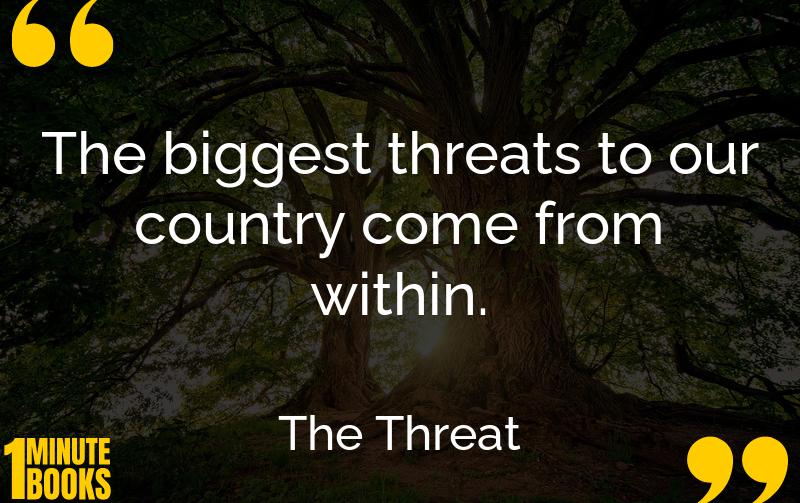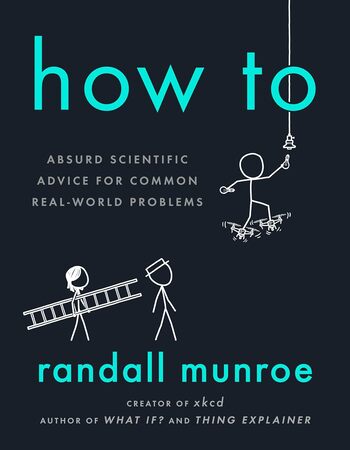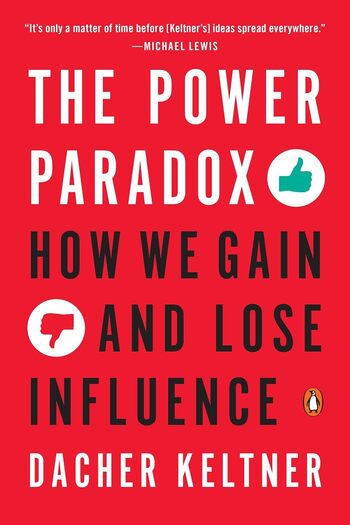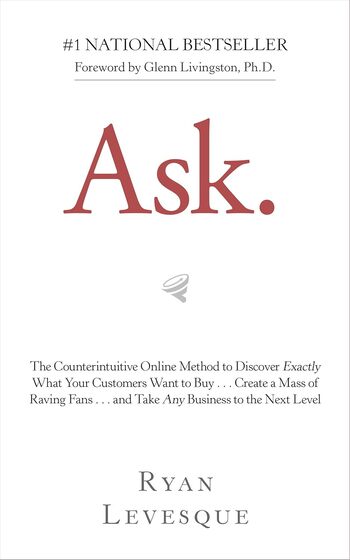
The Threat by Andrew G. McCabe offers a detailed look at the FBI’s evolution, investigative methods, and the impact of Donald Trump’s presidency on national security, positioning it as a significant threat.
Main Lessons
- The FBI’s focus shifted dramatically post-9/11, emphasizing counter-terrorism.
- Internal conflicts within the FBI revolved around prioritizing domestic versus foreign threats.
- Unity within the FBI strengthened post-9/11, restructuring its purpose and culture.
- The Enterprise Theory of Investigation is crucial for dismantling organized crime.
- Undercover agents and confidential informants are vital in gathering first-hand evidence.
- Donald Trump’s presidency posed unique challenges to the FBI’s independence.
- Trump’s demand for loyalty threatened the FBI’s objectivity and effectiveness.
- An effective government requires a system of checks and balances for accountability.
- Objective law enforcement is vital for the flourishing of democracy.
- The FBI’s steadfast commitment to truth countered Trump’s attempts to influence investigations.
- Balancing national security and political pressures is a core FBI challenge.
- Understanding the FBI’s internal dynamics can clarify its societal role.
- Organized crime and domestic threats remain a complex part of FBI’s duties.








